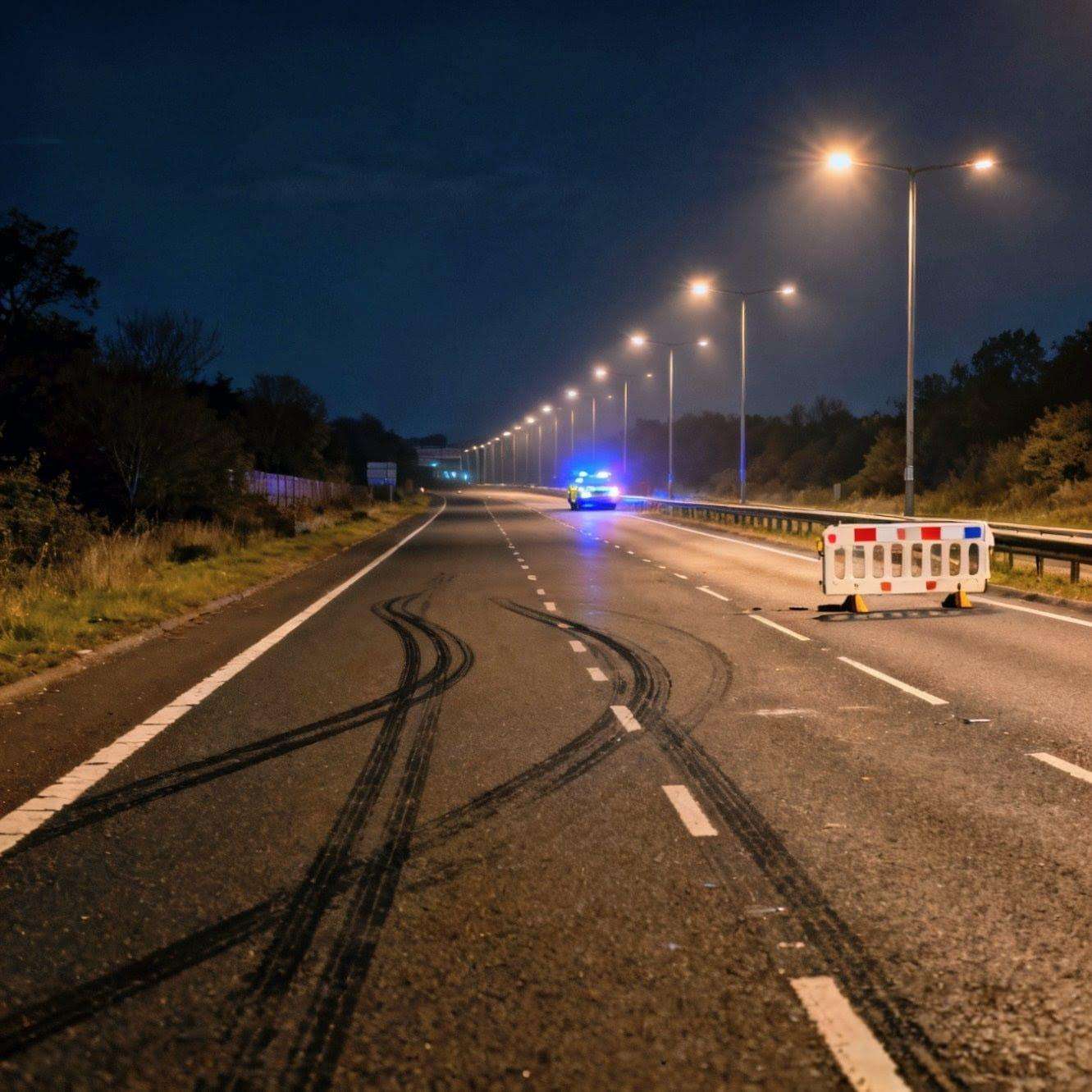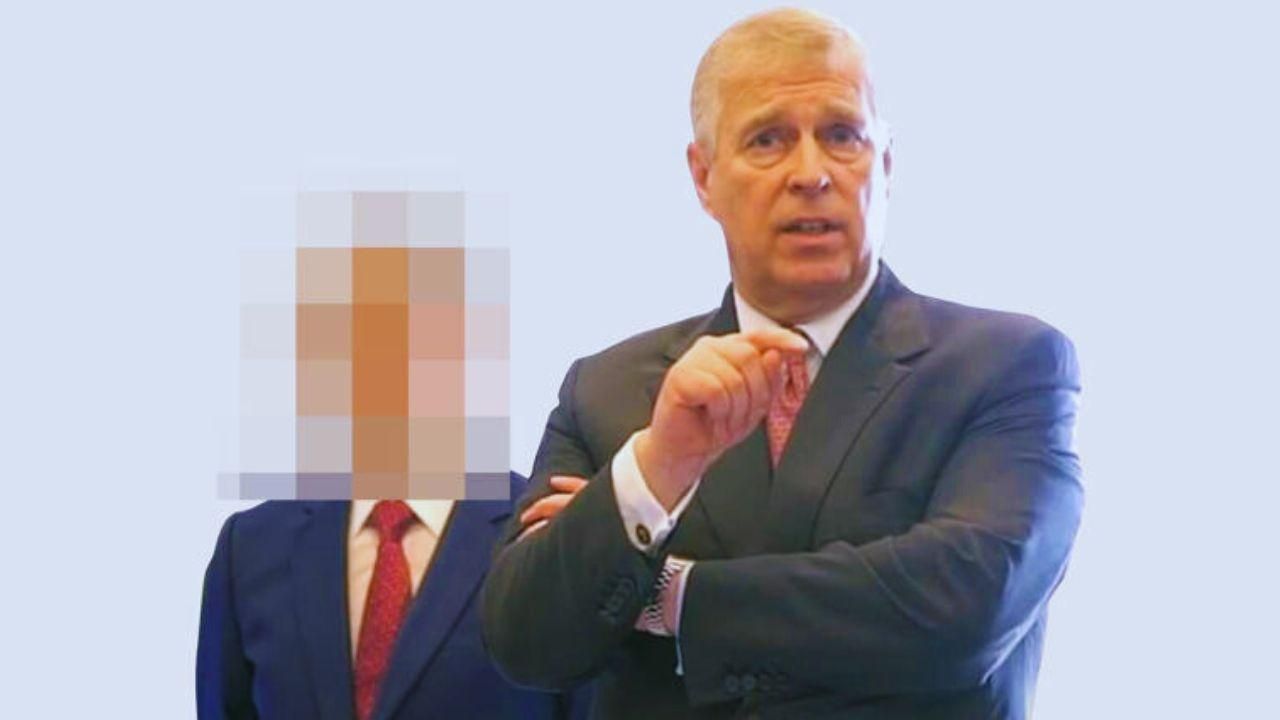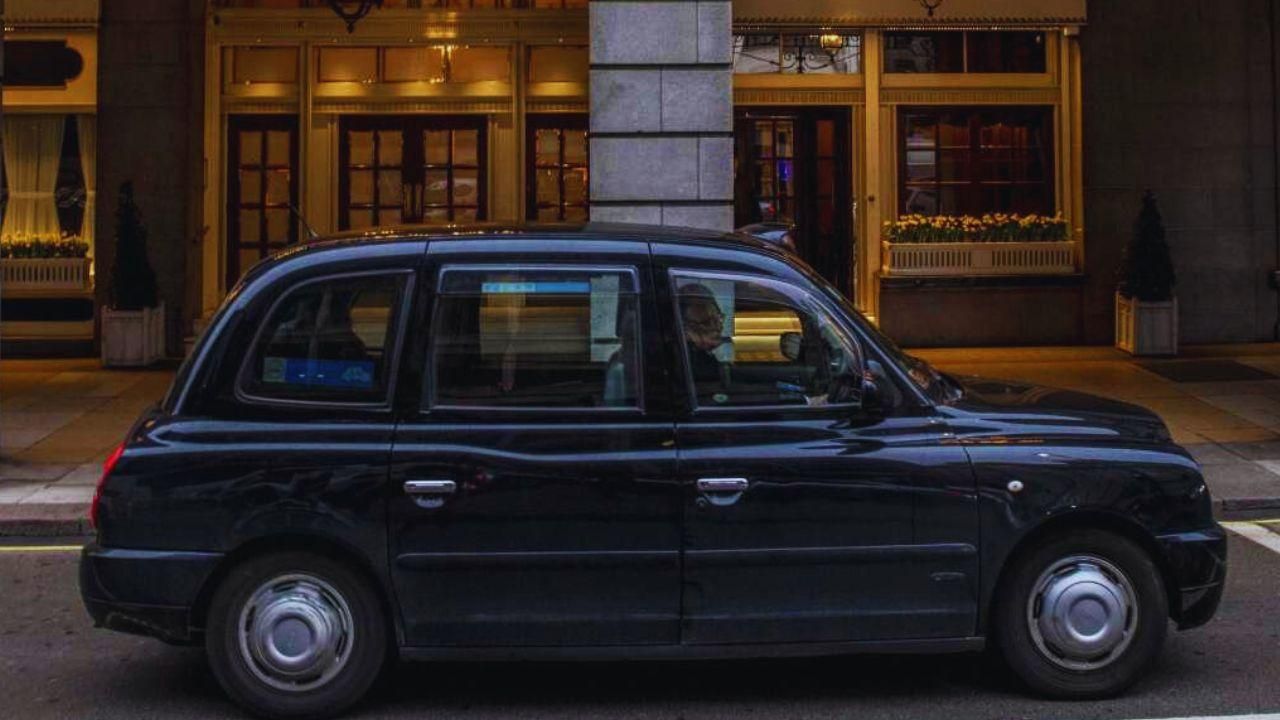Ed Miliband has come under fire from Wes Streeting for not supporting military action against Bashar al-Assad in 2013.
When he led attempts to thwart Lord Cameron's plan to initiate strikes in Syria to discourage the use of chemical weapons, Mr. Miliband, the Energy Secretary, was the leader of the Labour Party.
"Assad would have been gone if the West had acted faster," stated Health Secretary Mr. Streeting on Thursday evening.
But Mr Miliband rebuked his Cabinet colleague on Friday morning, saying it was “just wrong” to suggest Assad would have been forced from power sooner if the West had acted at the time.
He also said he had no regrets about his decision to vote against the UK joining US-led strikes after the House of Commons narrowly rejected the move.
Asked if he regretted voting against proposed missile strikes in 2013, Mr Miliband told Sky News: “No, I don’t… I welcome the fall of president Assad.
“Back in 2013 we were confronted with whether we should have a one-off, potential one-off, bombing of Syria but there was no plan for what this British involvement would mean, where it would lead and what the consequences would be and I believed that in the light of the Iraq war we could never send British troops back into combat unless we were absolutely clear about what our plan was, including what an exit strategy was.
“To those people who say that president Assad would have fallen if we had bombed him in 2013, that is obviously wrong because president Trump bombed president Assad in 2017 and 2018, so he didn’t fall.
“I welcome the fall of a brutal dictator but I think the view that some people seem to be expressing about history is just wrong.”
Mr Miliband said the vote against UK military action in Syria in 2013 demonstrated that the nation had learnt “the right lessons” from the Iraq War.
It was suggested to the Labour frontbencher that the failure to act had not only given Assad confidence but had also emboldened Russia on the world stage.
He said: “I think it is very easy for people to say that the answer to the problems of the world is British military intervention.
“But as I said earlier, in this case we have a clear understanding of what the consequences might have been because in 2017 and 2018 there was military action against president Assad and it certainly didn’t precipitate the fall of his regime.
“I took the decisions I did because the British involvement in Iraq led to the deaths of our troops and was, rightly in my view, seen as a very serious error and so without re-going over all of that history, I think we drew the right lessons from that.”
His comments stand in stark contrast to those made by Mr Streeting during an appearance on the BBC Question Time programme.
‘Country’s hesitation created vacuum’
Mr Streeting said: “With hindsight, I think we can say, looking back on the events of 2013, that the hesitation of this country and the United States created a vacuum that Russia moved into and kept Assad in power for much longer.”
He added: “I think if the West had acted faster, Assad would have been gone.
“Would that have led to a better Syria? I don’t know. We know from our own foreign policy history that inaction is a choice, but so is action, and we’ve seen in other cases, like Libya, that it did not lead to a better future.”
In 2013, the House of Commons voted against military action in Syria following the regime’s use of chemical weapons.
Lord Cameron, then prime minister, tabled the motion but Labour opposed it, as did 30 Tory MPs and nine Lib Dems.
The motion was defeated by 285-272, and only served to help put off Barack Obama launching any military action against Syria.
The vote provoked deep bitterness towards Mr Miliband, who was accused of opportunism for failing to support the Government on a matter of great international significance.
Mr Miliband insisted at the time that he did the “right thing by the British people”.
The Assad family’s 50-year iron-fist rule of Syria came to an end earlier this week after a rapid rebel offensive forced them from power.
President Assad fled to Russia where he and his family have reportedly been granted asylum.
Mr Streeting ridiculed Mr Miliband’s record as Leader of the Opposition when the Health Secretary delivered remarks at the Spectator magazine parliamentary awards last week, likening him to current Tory leader Kemi Badenoch.
‘Repeating the same mistakes’
He reportedly told the room: “I am sorry that Kemi Badenoch can’t be here tonight, but it’s good to see her repeating all the same mistakes we made in opposition.
“Trashing her party’s own record... talking to the members not the voters. Kemi – carry on like this and you’ll be Energy Secretary in ten years’ time.”
Sir Iain Duncan Smith, the former leader of the Conservative Party who voted in favour of UK military action in 2013, said: “Ed Miliband has a record of political obsessions which have led to bad judgement, whether it was Syria or this massive rush to net zero which will eventually hang around the neck of this Government like an albatross in a few years.
“Wes Streeting was right. Ed Miliband was wrong.”
Sir Geoffrey Clifton-Brown, a senior Tory MP who backed the proposed military action, said the Labour row highlighted the difference between “being in opposition and being in office”.
He said: “Assad is a really bad man, he is a despicable man, and it was right that we tried to take action against him [after his use of chemical weapons].
“What we were doing was the right thing and Labour should have supported it at the time.”








.svg)


